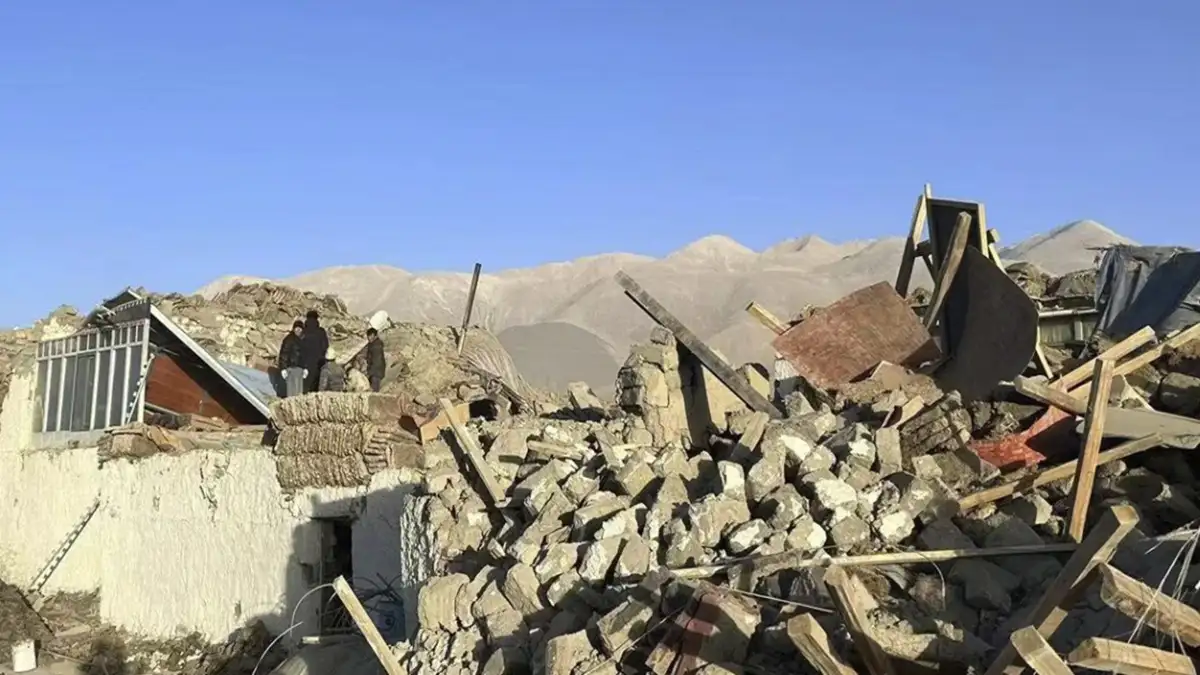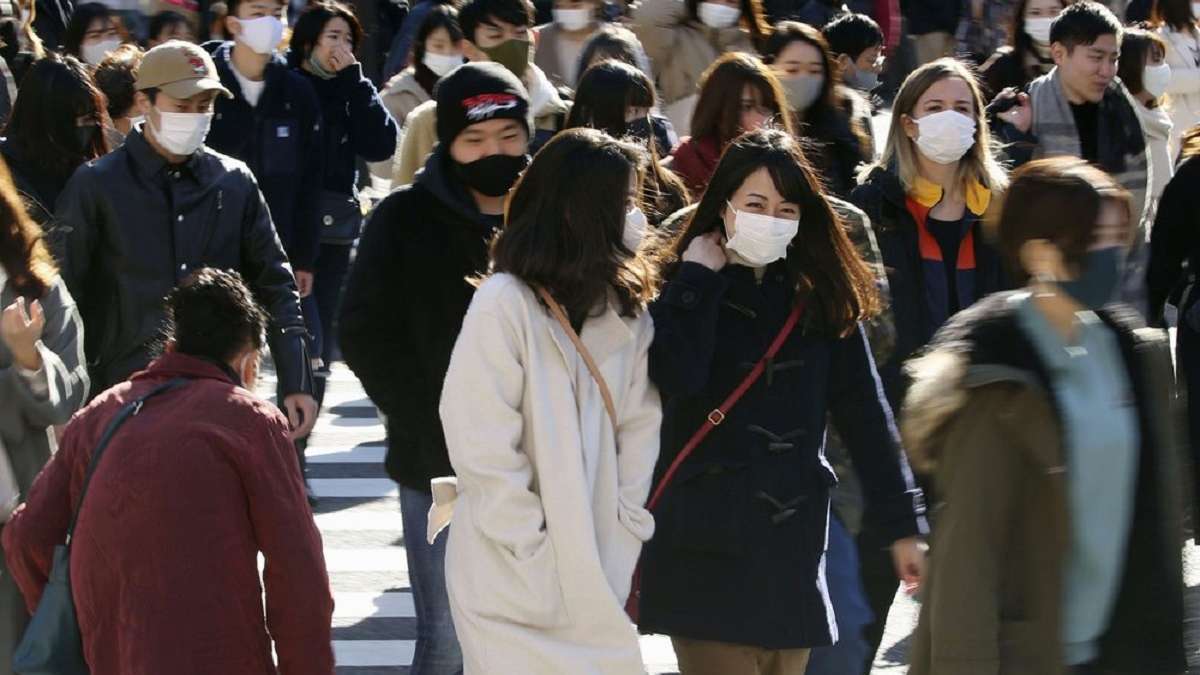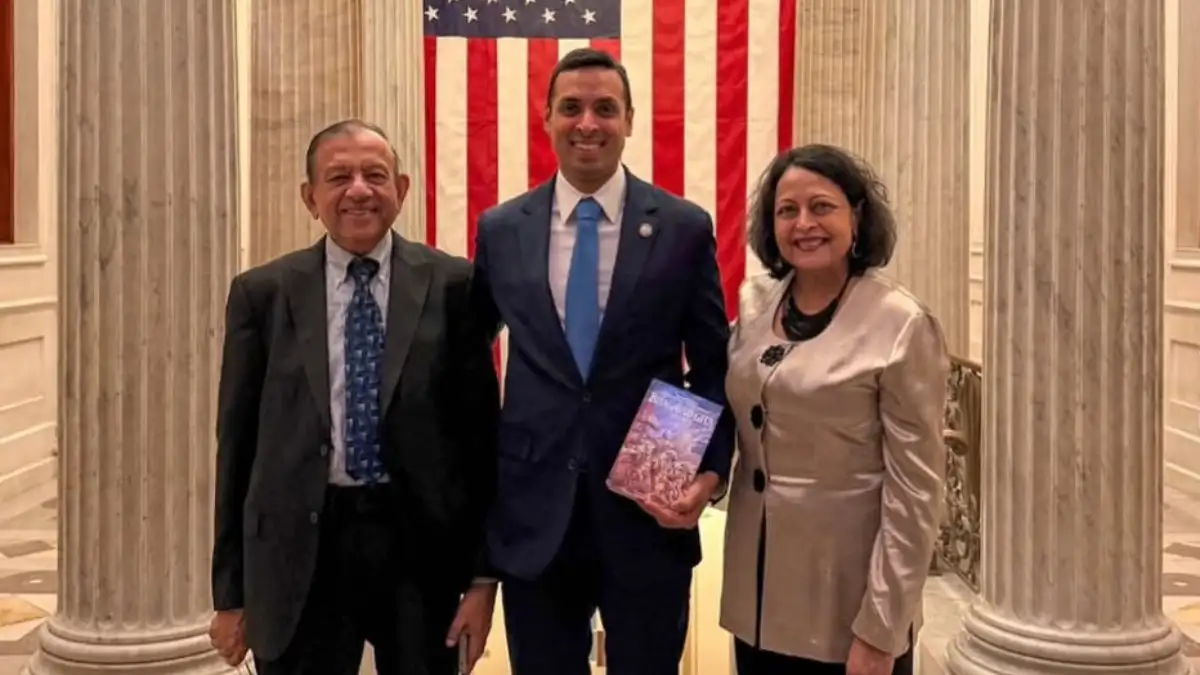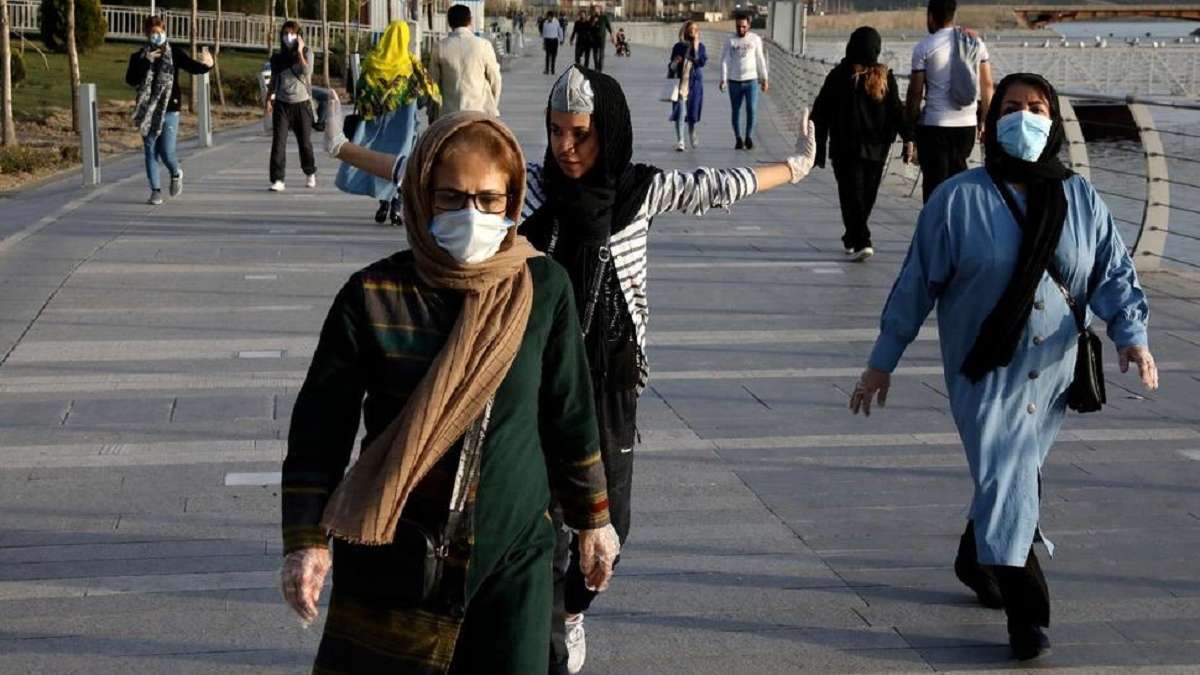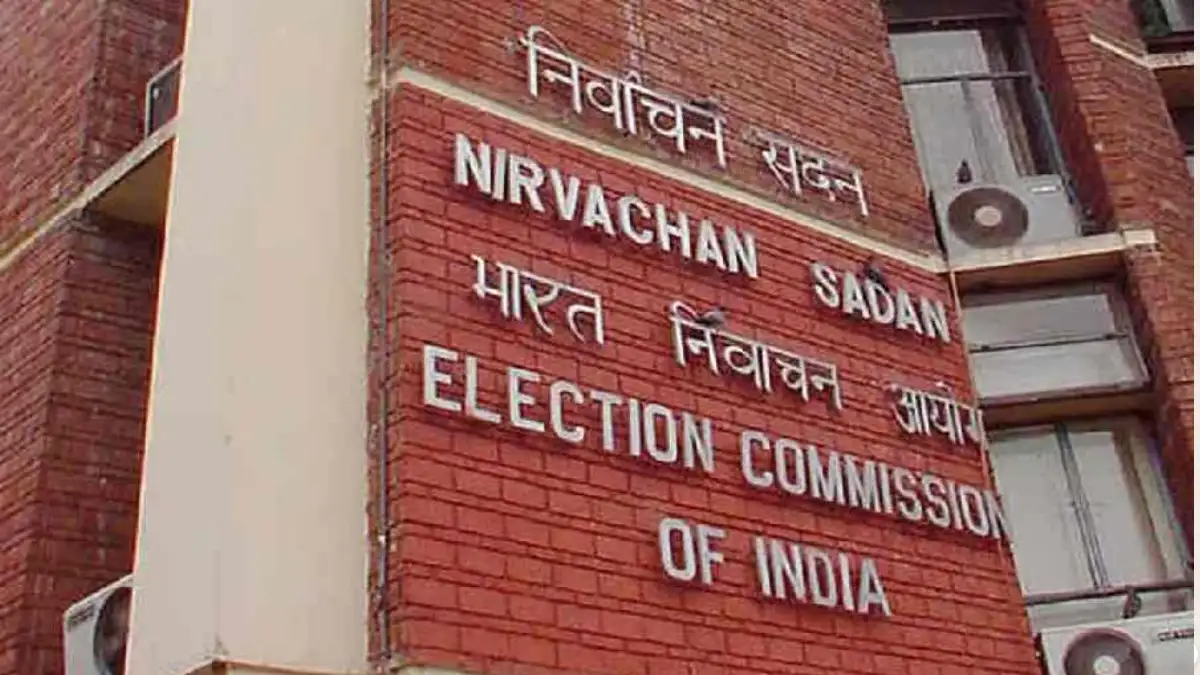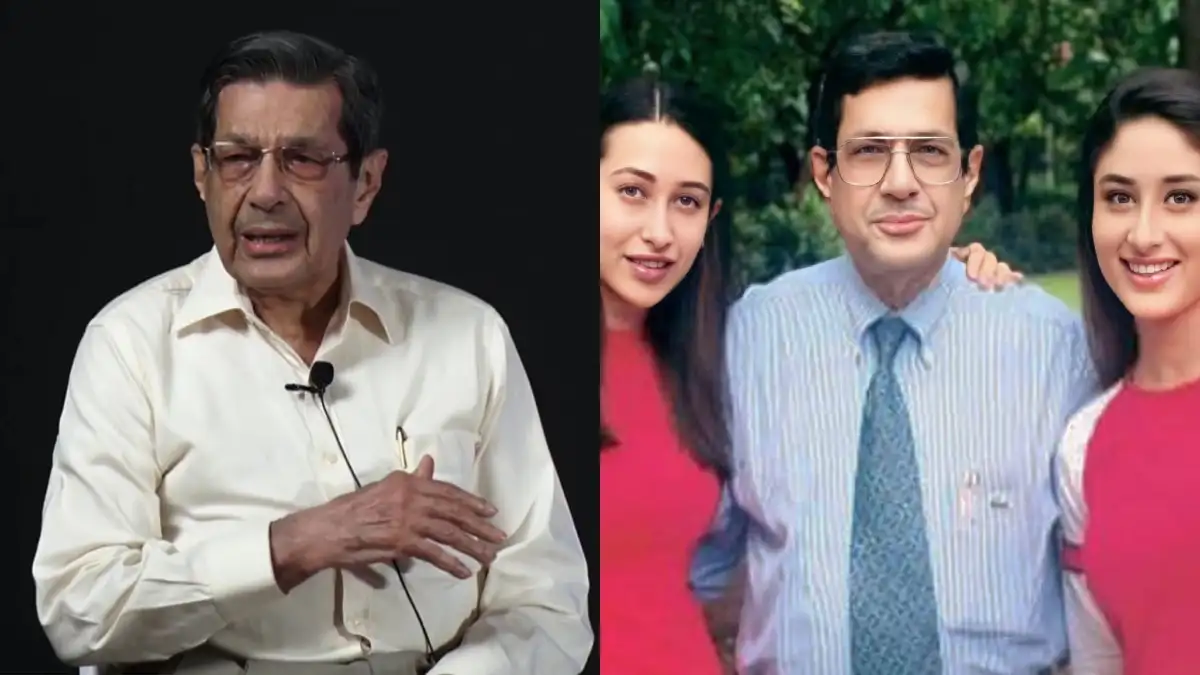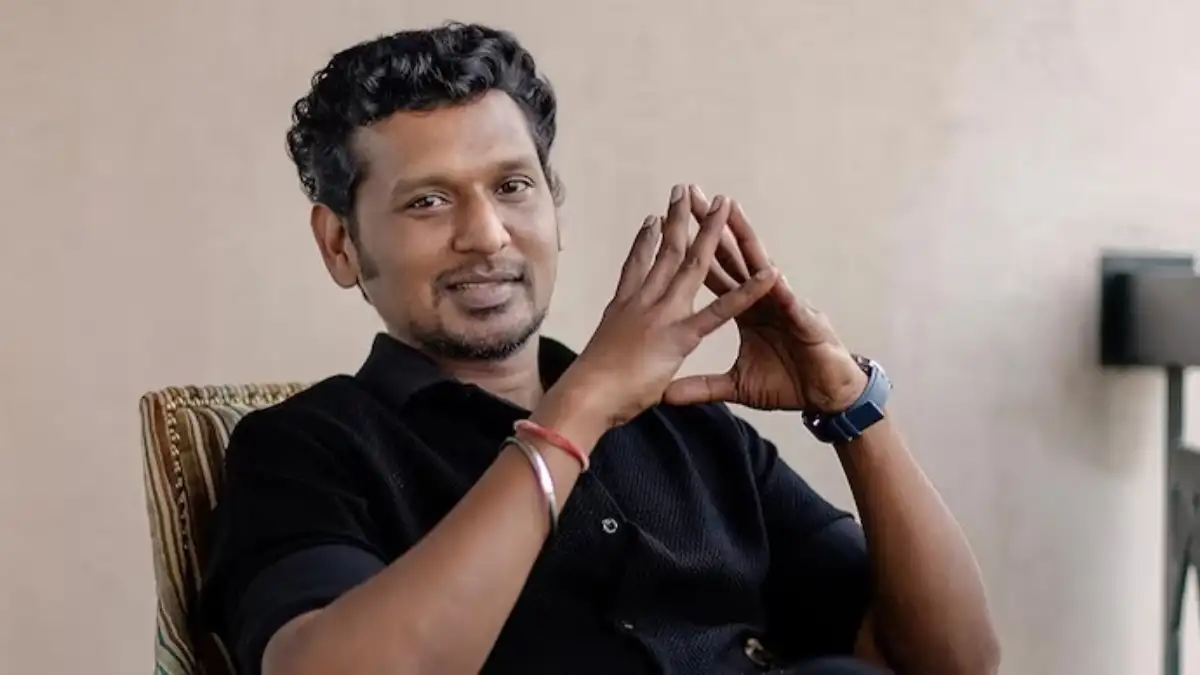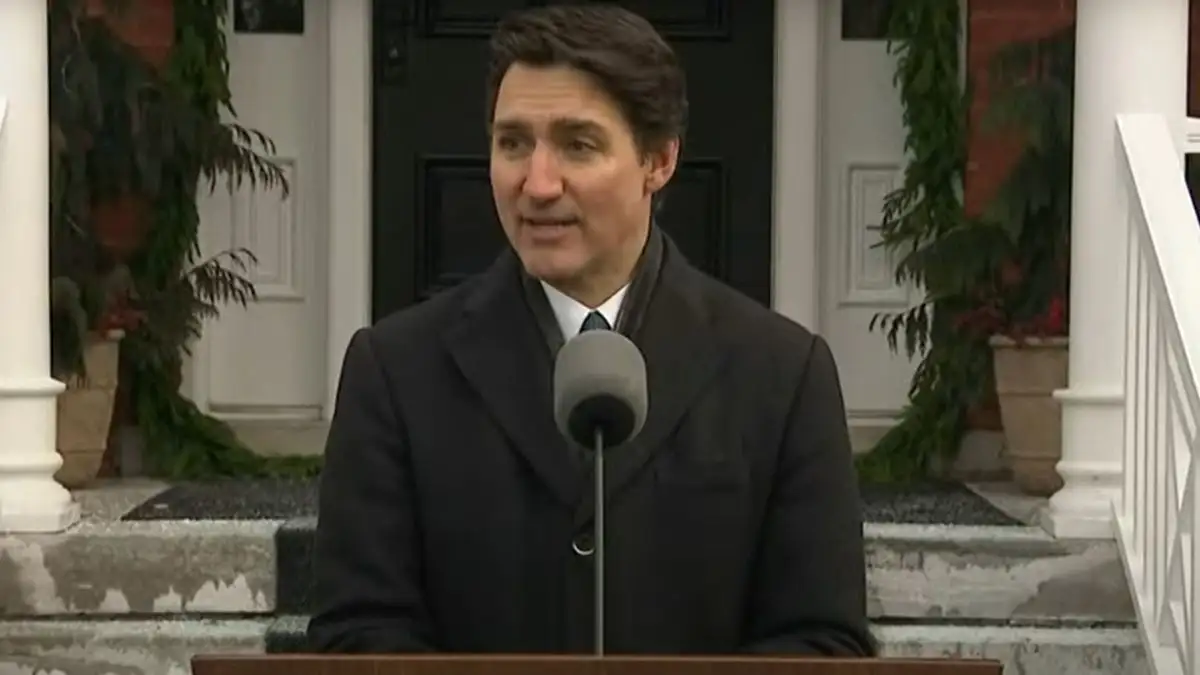Dhaka: Bangladesh’s International Criminal Tribunal (ICT) on Monday issued arrest warrants against deposed prime minister Sheikh Hasina and 11 others, including former military generals and an ex-police chief, for their alleged role in incidents of enforced disappearances. This was the second arrest warrant by the ICT against Hasina, who fled to India after her Awami League regime's toppling following unprecedented anti-government protests in August last year. The tribunal has so far recorded three cases against her. "Justice Md Golam Mortuza Mojumdar, chairman of the tribunal, issued the arrest warrant after hearing a prosecution plea,” an ICT official said. The Inspector General of Police was ordered to arrest the twelve people, including Hasina, and produce them before the tribunal on February 12 in the case filed over complaints of enforced disappearances of several hundred people. The deposed premier’s then-defence adviser Major General (retd) Tarique Ahmed Siddique and former IGP Benazir Ahmed are among those named in the case. While Siddique is currently under custody, Ahmed is believed to be on the run. ICT Chief Prosecutor Mohammad Tajul Islam did not disclose the names of most of the accused “in the interest of investigations and their arrest”. “The next hearing for this case is also scheduled for February 12. The tribunal has instructed that the investigation report be submitted on that day if completed,” Islam later told reporters. He, however, said if the investigation report could not be submitted by then, the law enforcement agencies would have to provide a progress report on the arrests. Islam told the tribunal that the ousted regime had established a culture of enforced disappearances under state sponsorship. The chief prosecutor alleged that those involved in carrying out these disappearances were rewarded. He added that agencies like the elite anti-crime Rapid Action Battalion (RAB), the police’s Detective Branch (DB), the Counter Terrorism and Transnational Crime (CTTC) unit, and the Directorate General of Forces Intelligence (DGFI) were most frequently used for the purpose. "Over the past 15 years, a culture of fear was established in Bangladesh through enforced disappearances and crossfires. Thousands of people were abducted by various forces, either in plainclothes or in uniform. Most of them never returned,” Islam told journalists. Last month, Dhaka officially sought Hasina’s extradition from India. While New Delhi acknowledged the receipt of the letter, it refrained from commenting on it. The ICT issued the first arrest warrant against the ex-premier on October 17 on charges of genocide and crimes against humanity committed during the July-August protests and uprising. After the fall of the Awami League government, at least 60 cases or complaints of enforced disappearances, killings, genocide, and crimes against humanity were lodged at the ICT, accusing Hasina, leaders of her party and its allies, and senior officials of different law enforcement agencies. A commission formed by Chief Adviser Muhammad Yunus’s interim government last month submitted its provisional report alleging the involvement of Hasina, her officials and neighbouring India in incidents of enforced disappearance. The commission said it recorded 1,676 complaints of enforced disappearances and so far examined 758, of which 27 per cent of the victims never returned. (With inputs from agency) ALSO READ: Bangladesh cancels judges training programme in India, cites 'Supreme Court directive' None
Popular Tags:
Share This Post:

Samsung Galaxy S25 Ultra set to launch in India: Price, features and other highlights
January 7, 2025What’s New
Spotlight
Today’s Hot
-
- January 7, 2025
-
- January 7, 2025
-
- January 7, 2025
Featured News
Latest From This Week
Rustom Soonawala, celebrity gynaecologist who delivered Raha, Taimur, Vamika, Ranbir and Kareena, dies at 95
ENTERTAINMENT
- by Sarkai Info
- January 6, 2025
Subscribe To Our Newsletter
No spam, notifications only about new products, updates.

